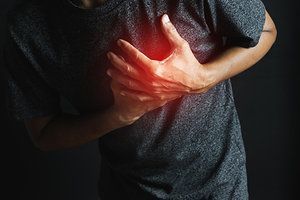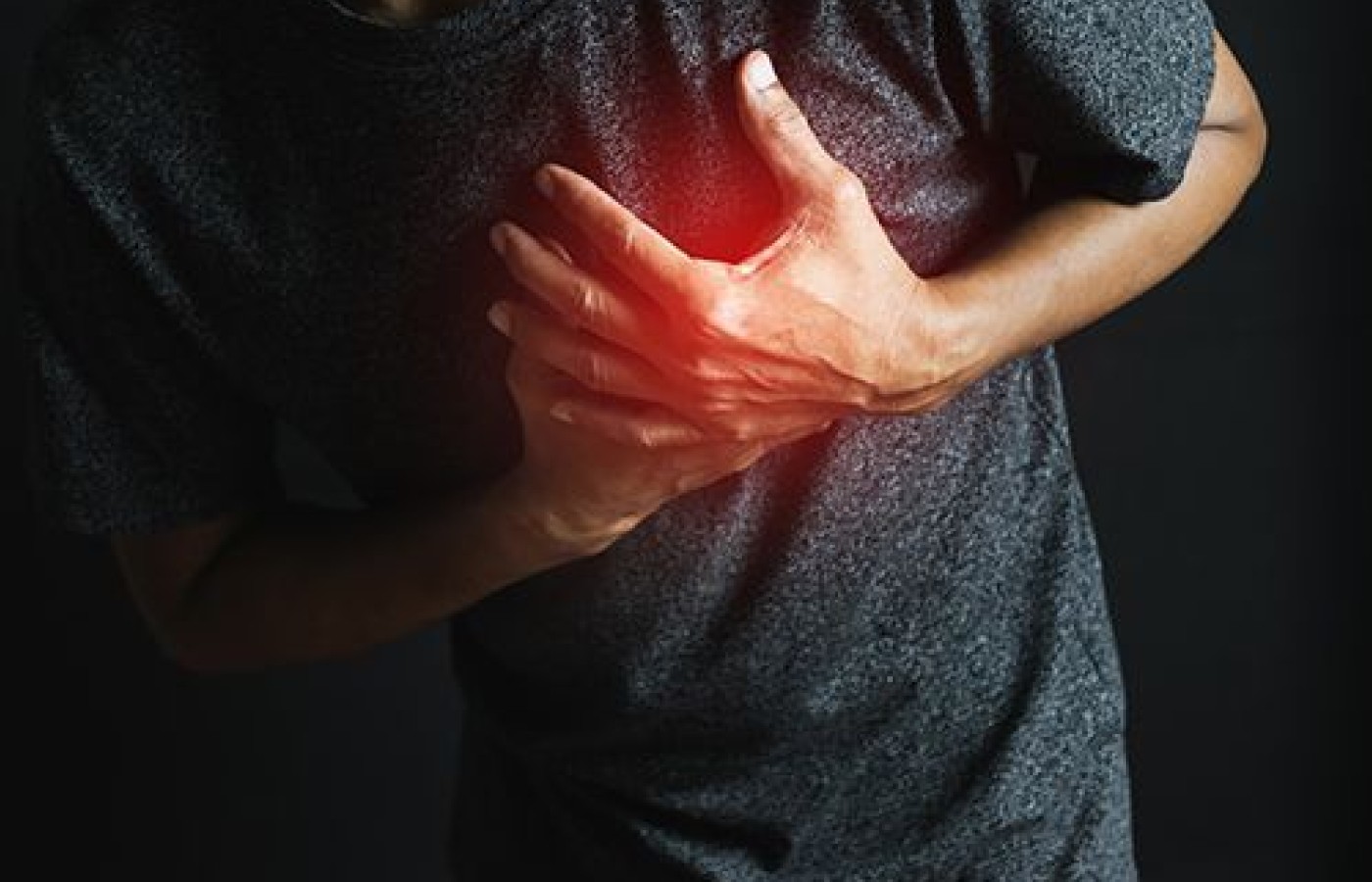The most important relationship I seek to nurture in the treatment room is the one a patient has with their own body. We live in a culture that teaches us to override pain, defer to outside authority, and push through discomfort. Patients often arrive hoping I can “fix” them, but the truth is, we can’t do the work for them. We can offer guidance, insight and support, but healing requires their full participation.
Acupuncture & Angina (AKA Chest Pain)—the Results
For the acupuncturist it's no surprise when a new study proves the effectiveness of this ancient technique; however, one more study under the AOM belt benefits the profession as a whole. For instance, new research, published by MedPage Today, reports chest pain improves with acupuncture.
The study, "Angina Episodes Decrease With Acupuncture: Chest pain frequency significantly reduced in patients with stable angina; improvement in depression and anxiety too" was conducted at five centers across China in 398 adult patients with chronic stable angina, who averaged 13.3 chest pain episodes over a 4-week baseline period, randomized in equal numbers to the four treatment arms.
To be included in the study patients had to have angina for more than 3 months, with attacks occurring at least twice weekly, and no significant change in the frequency, extent, nature, and inducing and alleviation factors of angina attacks at baseline.
Exclusion criteria included previous MI, severe heart failure, valvular heart disease, atrial fibrillation, poorly controlled blood pressure or blood glucose, severe arrhythmias, and more.

Dr. Susan Arnold, MD, of Saint Luke's Hospital in Kansas City, Missouri told MedPage Today, "Angina is a complicated symptom that can be impacted by many things other than just pure myocardial ischemia. For example, both depression and anxiety have been shown to be associated with increased anginal burden independent of the degree of ischemia. As such, it isn't completely crazy to think that some treatment, that is not directly associated with increased myocardial blood flow, might be associated with less angina."
For more information about this research, or to view the complete study please click here.



